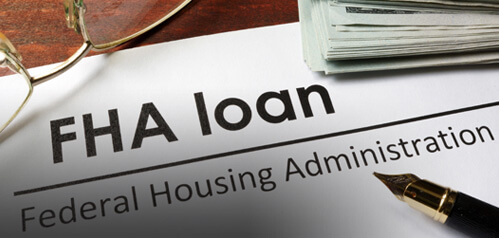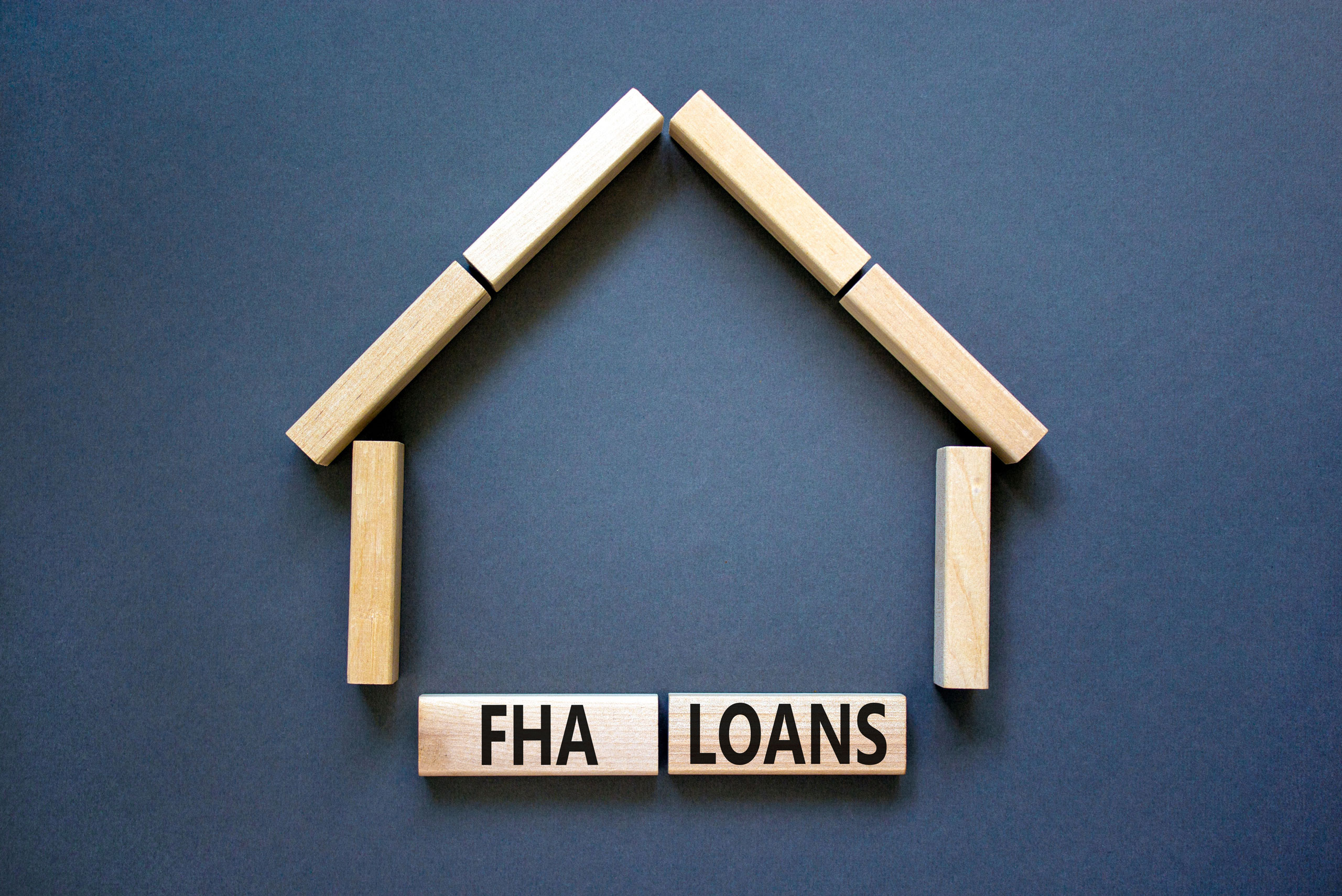How FHA Home Loans Make Homeownership Much More Obtainable
Home Lendings Debunked: A Thorough Examination of Funding Programs Tailored to Fit Your Monetary Scenario and Objectives
Browsing the landscape of home mortgage typically provides a difficult difficulty, worsened by a myriad of programs created to fulfill varied financial demands. Understanding the differences in between fixed-rate and adjustable-rate mortgages, in addition to government-backed alternatives like FHA and VA financings, is important for making notified decisions. Each program offers one-of-a-kind benefits tailored to particular circumstances, yet the complexity of qualification requirements and rate of interest can cover clarity. As we check out these details, one should take into consideration just how to straighten these alternatives with individual economic goals to open the most beneficial pathway to homeownership.
Comprehending Home Lending Basics
Although lots of individuals aspire to homeownership, comprehending the basics of home fundings is important to making notified monetary choices. A mortgage, additionally known as a home loan, is an economic product that enables people to borrow cash to acquire actual estate. The debtor is needed to pay off the loan amount, along with passion, over a set duration, typically ranging from 15 to 30 years.
Secret elements of mortgage consist of the principal, which is the quantity borrowed, and the rates of interest, which establishes the price of borrowing. Lenders analyze numerous variables, such as credit rating earnings, score, and debt-to-income proportion, to figure out eligibility and financing terms. Furthermore, consumers ought to know the significance of deposits, which can affect lending approval and influence month-to-month settlements.
Comprehending loan amortization is additionally vital; this describes the steady decrease of the loan equilibrium in time with normal settlements. By realizing these fundamental ideas, possible home owners can navigate the home loan landscape better, ultimately bring about far better monetary end results and an even more effective home-buying experience.
Sorts Of Home Loan
Home loan lendings can largely be classified right into fixed-rate and adjustable-rate home loans (ARMs) Fixed-rate home mortgages use a constant rate of interest rate and month-to-month payment over the funding's term, giving security, frequently for 15 to 30 years.
Alternatively, ARMs have rate of interest that change based upon market problems, generally beginning less than fixed-rate options. However, these prices can adjust occasionally, possibly boosting month-to-month settlements over time. Debtors who prepare for moving or refinancing before considerable price adjustments may find ARMs advantageous.
Additionally, government-backed finances, such as FHA, VA, and USDA finances, provide to specific demographics and provide different benefits like lower down settlements and adaptable credit needs. Traditional financings, not guaranteed by the federal government, often need higher credit rating yet can offer affordable prices for solvent customers - FHA home loans. Recognizing these funding types makes it possible for prospective house owners to pick the mortgage that aligns finest with their monetary scenario and long-term goals
Key Eligibility Requirements
Browsing the eligibility demands for a home loan is a vital action in the home-buying process. Recognizing these needs can substantially streamline your application and improve your chances of authorization.
The primary factors influencing qualification consist of credit history, earnings security, debt-to-income (DTI) proportion, employment history, and deposit quantity. Most lenders need a minimal credit history of 620 for conventional finances, while government-backed fundings might have extra tolerant standards. A stable income, demonstrated through regular employment or self-employment documents, is important for lenders to evaluate your capability Recommended Reading to settle the finance.
The DTI ratio, which contrasts your month-to-month financial obligation repayments to your gross month-to-month earnings, generally need to not go beyond 43%, though some lenders may permit higher proportions in certain conditions. Additionally, the dimension of your deposit can influence eligibility; while a larger down settlement might enhance your possibilities, specific programs supply options for minimal deposits.
Last but not least, lending institutions will certainly examine your total economic profile, consisting of available assets and liabilities, to guarantee you are economically qualified of keeping homeownership. Acquainting yourself with these essential eligibility requirements will certainly empower you in the home mortgage application journey.

Rate Of Interest Explained
Understanding the ins and outs of rate of interest is fundamental to making informed choices in the mortgage process. Rate of interest stand for the cost of obtaining money and are expressed as a percent of the finance amount. They can substantially influence your month-to-month home mortgage repayments and the total price of your home lending.
Rate of interest can be categorized into taken care of and flexible rates. Taken care of prices continue to be continuous throughout the lending term, supplying predictability in monthly settlements. Alternatively, adjustable prices change based on market conditions, which can result in reduced first payments but may boost in time.
A number of aspects affect rates of interest, including the borrower's credit report, funding term, and dominating economic conditions. Lenders assess these elements to establish the threat associated with providing to a specific debtor. Normally, a higher credit rating score can lead to lower rates of interest, while longer financing terms may lead to greater prices.
In addition, more comprehensive economic indicators, such as inflation and monetary policy, play an important role in shaping rates of interest. Recognizing these components enables debtors to much better navigate the borrowing landscape and pick options that straighten with their financial objectives.
Choosing the Right Loan Program
Selecting the proper financing program is essential for borrowers intending to optimize their financing alternatives. With different finance types offered, consisting of fixed-rate, adjustable-rate, FHA, and VA car loans, recognizing the nuances of each can substantially influence lasting financial health.
Debtors ought to first analyze their economic circumstance, consisting of credit report, earnings security, and debt-to-income ratios (FHA home loans). A fixed-rate home loan offers predictability with constant regular monthly repayments, suitable for those preparing to remain in their homes lasting. On the other hand, variable-rate mortgages might provide reduced initial rates, appealing to buyers that anticipate relocating within a few years
In addition, government-backed finances such as over here FHA and VA alternatives can be useful for first-time property buyers or professionals, as they frequently call for reduced down payments and have extra lax debt needs.

Final Thought
In conclusion, browsing the intricacies of home mortgage calls for a thorough understanding of different home mortgage programs and their one-of-a-kind features. By reviewing specific economic circumstances and objectives, potential customers can make enlightened choices concerning the most suitable loan options. Engaging with a home loan consultant browse this site can further promote this process, making sure placement in between individual situations and readily available finance programs. Eventually, informed options in home funding can result in improved financial stability and long-lasting fulfillment.
Fixed-rate home loans provide a consistent interest price and month-to-month repayment over the loan's term, supplying stability, usually for 15 to 30 years.In addition, government-backed financings, such as FHA, VA, and USDA car loans, provide to particular demographics and offer various advantages like lower down settlements and flexible credit report needs. Most lending institutions require a minimal credit rating rating of 620 for conventional car loans, while government-backed loans might have a lot more tolerant requirements. Taken care of prices continue to be constant throughout the financing term, offering predictability in regular monthly payments. Normally, a greater credit report rating can lead to lower rate of interest rates, while longer loan terms might result in greater rates.